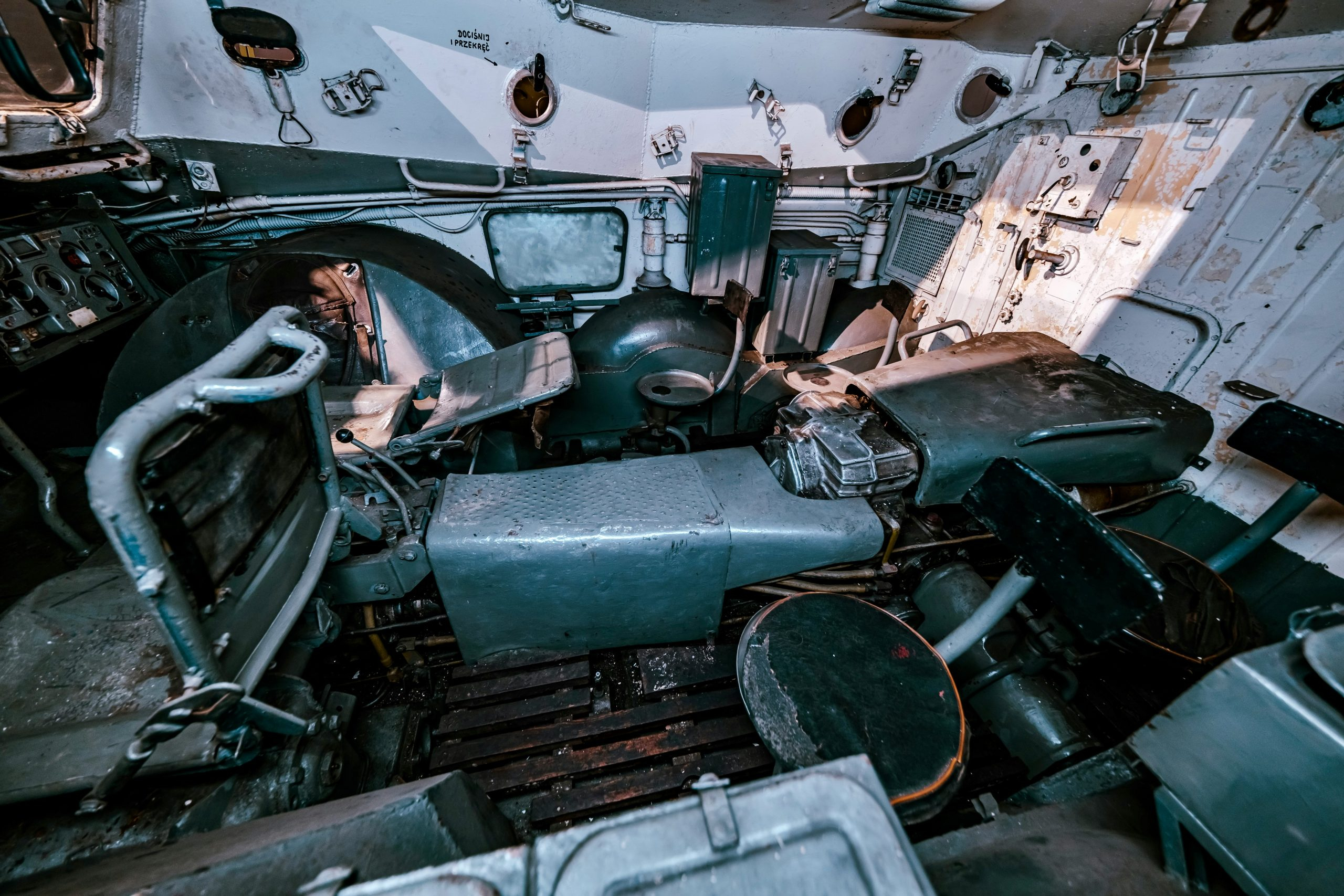Navigating the Complexities of Vehicle Repair Costs
When unexpected vehicle repairs arise, it can be daunting and challenging to navigate through the associated costs. Repairing a vehicle is not just a matter of fixing one component; it involves numerous interconnected parts and labor costs. With so many factors at play, it can be overwhelming to understand the complexities of vehicle repair costs. In this article, we will delve into the ins and outs of vehicle repair costs, providing you with a comprehensive guide to navigate through this often confusing and expensive process.
The Different Elements of Vehicle Repair Costs
Parts
The most obvious cost associated with vehicle repairs is the price of the replacement parts. Depending on the make and model of the vehicle, the parts’ prices can vary greatly. However, this is not the only factor to consider when it comes to parts costs. There are also options of purchasing brand new OEM (original equipment manufacturer) parts, used parts, or aftermarket parts that can significantly affect the overall cost of repairs.
Labor
Labor costs are an essential element of vehicle repairs. The amount of time it takes to fix a vehicle can significantly impact the final cost. Labor costs can vary based on the complexity of the repair, the skill level of the mechanic, and the location of the repair shop. It is crucial to shop around and compare labor costs before committing to a repair shop.
Diagnostic Fees
Before any repairs can be made, mechanics need to diagnose the issue with the vehicle. This often involves using specialized equipment, which can come with an additional diagnostic fee. Diagnostic fees can range from a flat rate to an hourly rate, and it is essential to clarify this with the repair shop before any work is done.
Taxes and Fees
In addition to the cost of parts and labor, there are also taxes and additional fees to consider. This includes sales tax, disposal fees for old parts, and shop supply fees. While these fees may seem small, they can add up, so be sure to factor them into your budget.
The Different Types of Vehicle Repairs
Regular Maintenance
Regular maintenance is an essential part of keeping your vehicle running smoothly and preventing future repairs. This includes things like oil changes, tire rotations, and brake pad replacements. While these costs may seem small in comparison to major repairs, they can add up over time. Be sure to budget for these routine maintenance expenses to avoid getting hit with a large unexpected bill.
Minor Repairs
Minor repairs are those that do not require significant parts or extensive labor. These can include things like replacing the battery, spark plugs, or belts. While these repairs may be less expensive than major ones, they can still add up quickly if multiple minor issues arise at once.
Major Repairs
The most significant and costly repairs are major repairs. These are usually the result of a component failure, such as an engine or transmission. Major repairs can be extremely expensive, ranging from a few hundred dollars to several thousand, depending on the extent of the damage and the parts needed. It is crucial to have a budget in place for these types of repairs as they can quickly drain your finances.
Tips for Navigating Vehicle Repair Costs
Be Proactive
The best way to minimize vehicle repair costs is to be proactive. Regularly scheduled maintenance and addressing small issues promptly can prevent larger, more expensive repairs down the road. Stay on top of your vehicle’s maintenance schedule, and address any unusual sounds or warning lights as soon as they arise.
Shop Around
When it comes to major repairs, shopping around and getting multiple estimates is crucial. Repair shops may have different labor rates or offer discounts on specific parts, so be sure to compare prices before committing to a repair shop.
Ask for a Detailed Breakdown of Costs
Before agreeing to any repair work, ask the mechanic for a detailed breakdown of costs. This should include the cost of parts, labor, and any additional fees such as taxes. This will help you understand where your money is going and avoid any hidden costs.
Consider Alternative Options
In some cases, there may be alternative options for repairing your vehicle. For example, purchasing used parts can significantly reduce costs. Another option is finding a mechanic who specializes in your vehicle’s make and model, as they may have access to parts at a lower cost.
Invest in Vehicle Protection Plans
If you own a newer or high-mileage vehicle, investing in a vehicle protection plan may be a smart financial decision. These plans can cover the costs of unexpected repairs and help alleviate the financial burden of unexpected vehicle expenses.
Conclusion
Vehicle repairs can be costly and confusing, but understanding the different elements and types of repairs can help navigate through these complexities. Be proactive in your vehicle’s maintenance, shop around for the best prices, and always ask for a detailed breakdown of costs. By following these tips, you can effectively navigate through the complexities of vehicle repair costs and avoid any unexpected financial burdens.










